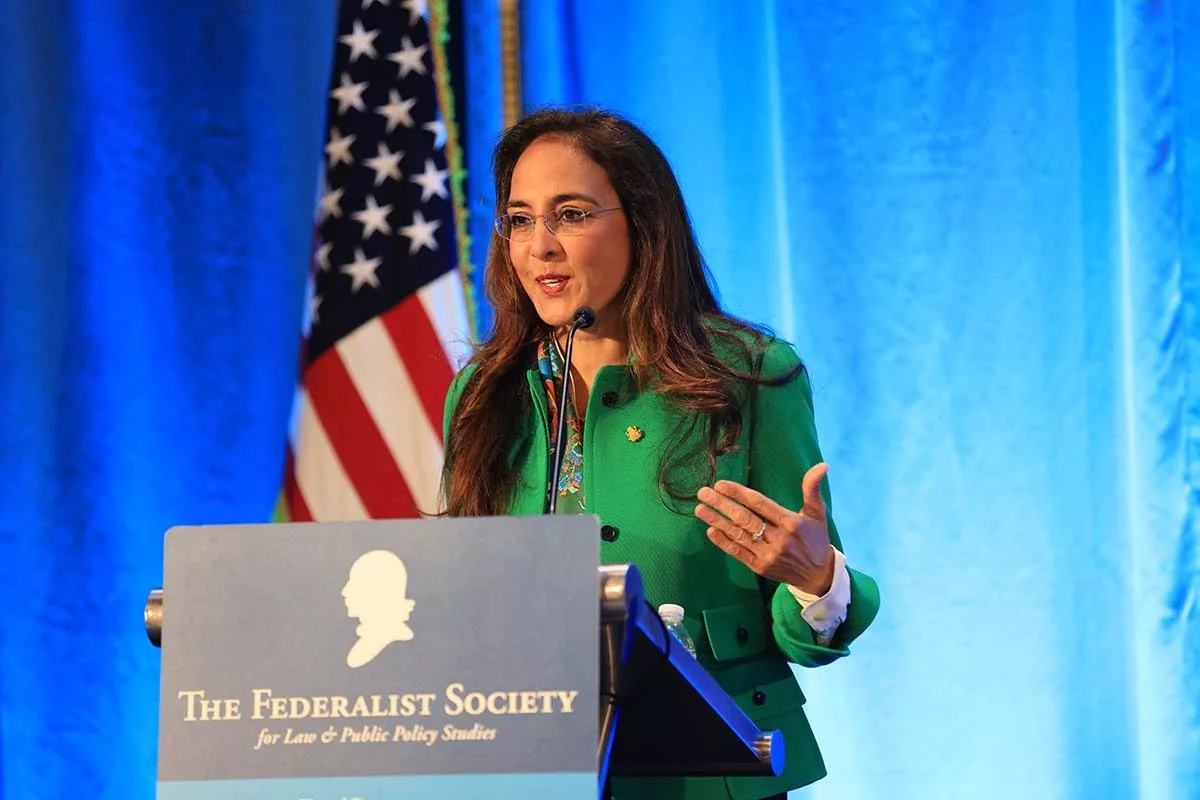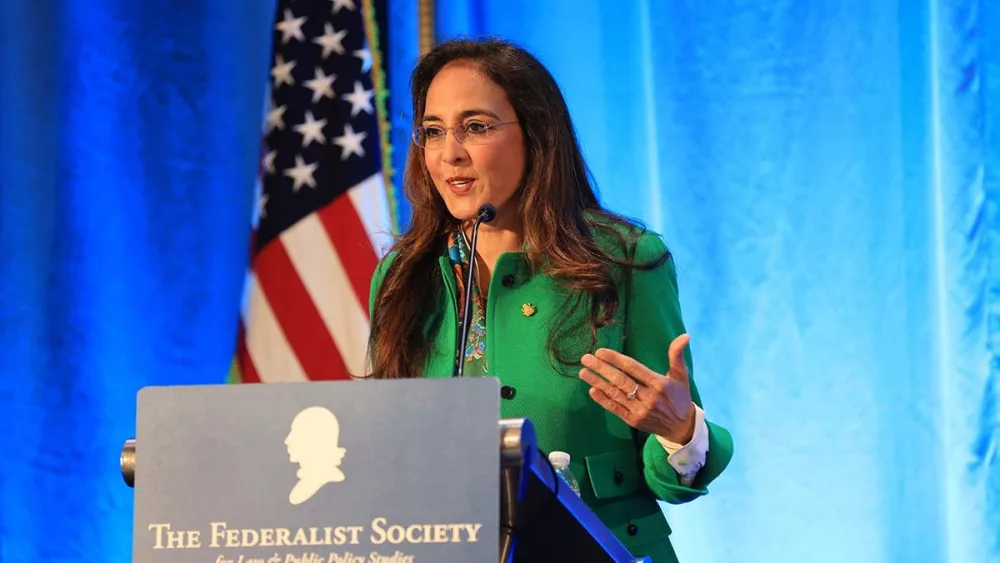
The U.S. Department of Justice has opened a civil rights investigation into a controversial new law in Washington State that requires clergy to report confessions of child abuse or neglect, sparking fierce debate about religious liberty and First Amendment protections.
The law, Senate Bill 5375, signed by Governor Bob Ferguson, eliminates clergy-penitent privilege in cases of suspected child abuse, mandating that religious leaders report such confessions to authorities. Critics, including federal officials, call it an “Anti-Catholic Law,” arguing the bill unfairly targets Catholic practices and could force clergy to choose between their faith and criminal penalties.
In an interview with Ari Hoffman on Talk Radio 570 KVI, Assistant Attorney General Harmeet Dhillon from the DOJ’s Civil Rights Division explained why the department is investigating. “This looked to me like a First Amendment violation on its face,” Dhillon said. “If priests in Washington follow this law, they could be excommunicated for breaking the sacred seal of confession.”
Dhillon, who has decades of experience litigating religious freedom cases, said her attention was drawn to the issue through social media. Since taking office, she’s made it a priority to monitor potential civil rights violations, particularly those affecting religious groups.
“The law recognizes certain privileges, like attorney-client and medical confidentiality, but it does not honor the religious confessional, despite it being equally essential in the eyes of many faiths,” she noted. “That double standard is deeply troubling.”
The DOJ’s early analysis suggests the bill may not even pass a basic constitutional test. Dhillon referenced the Supreme Court’s ruling in Tandon v. Newsom, a case she was involved in during the pandemic, which confirmed that laws burdening religious practice must meet the highest level of judicial scrutiny.
“The standard for infringing on religious liberty is incredibly high. Congress has even gone beyond the First Amendment with statutes like RLUIPA (Religious Land Use and Institutionalized Persons Act) and the FACE Act to protect houses of worship,” Dhillon said.
She emphasized that while child protection is vital, it cannot come at the expense of constitutionally protected freedoms. “This law puts clergy in an impossible position—comply with the state and be excommunicated, or honor their faith and face legal consequences,” Dhillon said.
Hoffman pointed out what he saw as a political inconsistency: while clergy are being mandated to report, other proposed bills in the state legislature would have allowed teachers to delay reporting child abuse incidents for up to 48 hours. “It’s a double standard,” he said.
Dhillon agreed, stating, “It’s not even rationally consistent. That kind of uneven treatment of religious versus secular institutions is constitutionally indefensible.”
When asked whether she had heard from any Washington state officials following the DOJ’s announcement, Dhillon replied, “No, but we’re still at the early stages. This isn’t political—it’s about upholding the Constitution. We don’t care which party is involved or which faith is affected.”
Responding to critics who argue the law protects children by making everyone a mandated reporter, Dhillon warned against government overreach. “Where does it stop? Can we force everyone to report everything? That becomes compelled speech, which is unconstitutional. This country was built on protecting religious expression, not dismantling it.”
She concluded by reiterating the DOJ’s commitment to investigating the matter thoroughly: “We’re going to get to the bottom of whether this law was designed to discriminate or whether the impact is incidental. Either way, it raises serious constitutional concerns.”
The investigation is ongoing, with no timeline for its conclusion yet announced.







